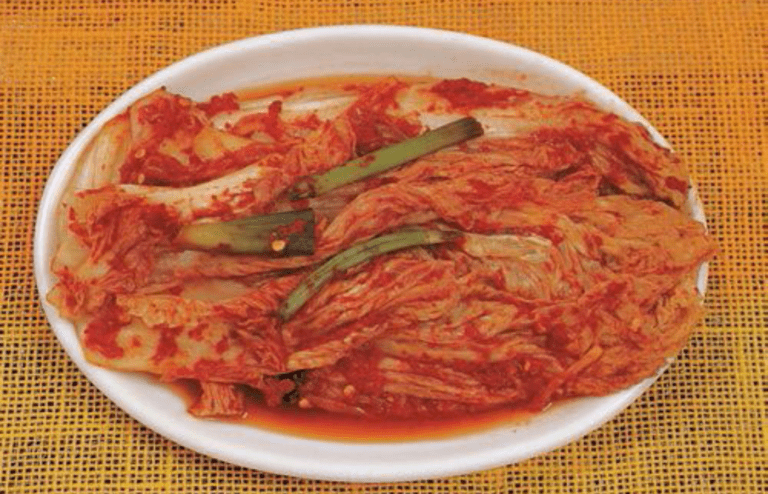A lack of vitamin D is becoming more prevalent and can cause many health problems. A lack of sunlight or a diet lacking vitamin D are the main causes. Here are 10 unexpected food sources to get more vitamin D into your diet.
10. Eggs: 6% DV and Up
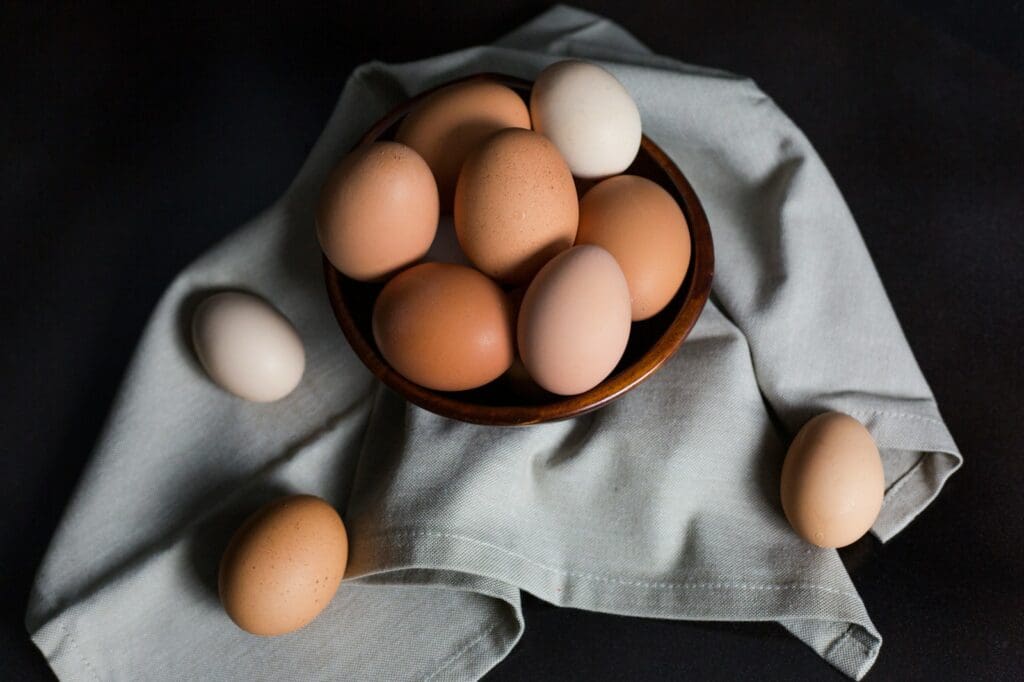
A single large a will provide 6% of your daily value of vitamin D. Most of that comes from the yolk. A single egg yolk contains 5% DV. However, many people eat more than one egg. One cup of scrambled eggs will deliver 20% of your daily vitamin D requirements, and 1 cup of chopped hard-boiled eggs provides 15% DV.
9. Porkchops & Spareribs: 10-11% DV
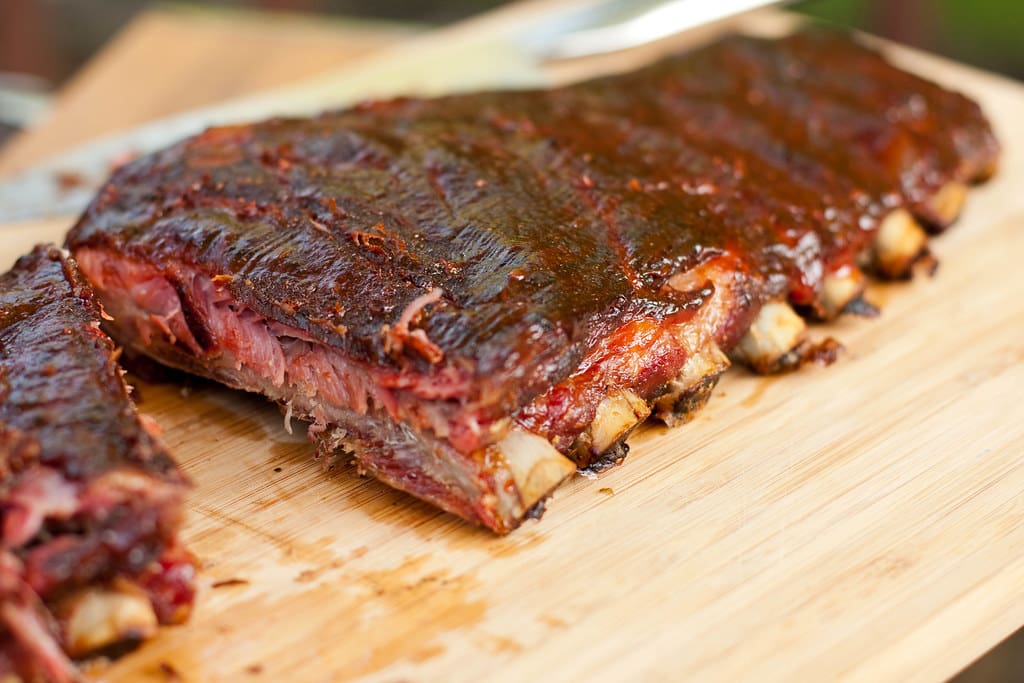
Pork is a meat that is naturally high in vitamin D. Here are the daily values of vitamin D from the following pork-based products. Spareribs (11%/3 oz), pork chops (10%/3 oz), lean ham (6%/1 cup), pepperoni (6%/3 oz), bratwurst (5%/3 oz). To ensure more vitamin D, make sure to choose pepperoni and bratwurst made from pork.
8. Fortified Orange Juice: 12% DV
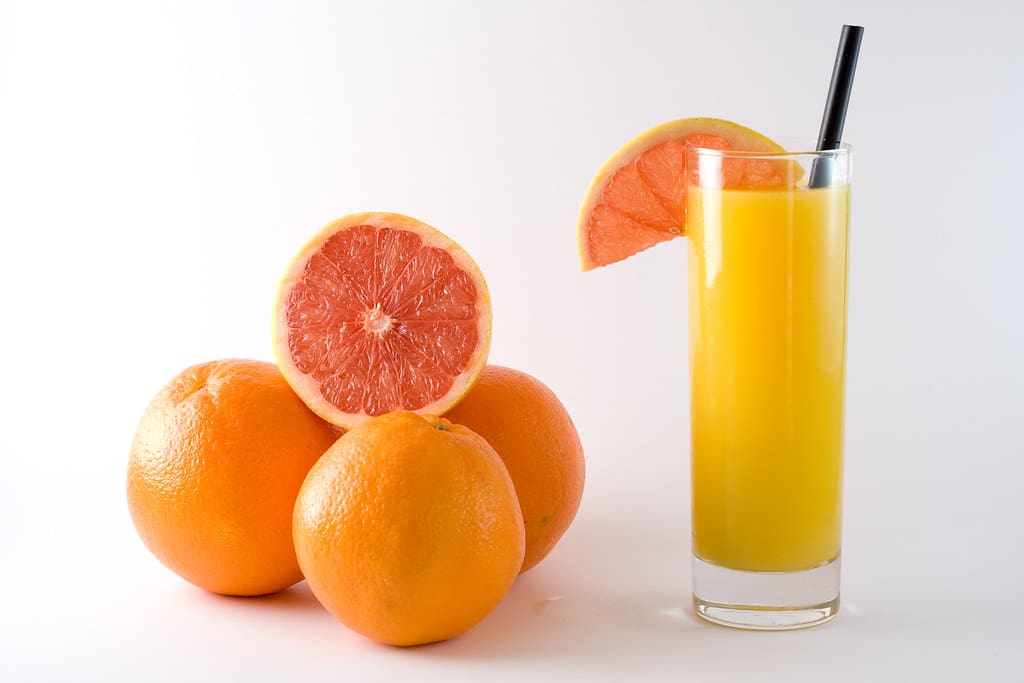
Fortified orange juice has vitamin D and calcium added to it. Many people choose fortified orange juice as a nondairy source of these nutrients. One cup of fortified orange juice provides 12% of your daily value of vitamin D. Keep in mind that a cup of orange juice contains up to 20 grams of sugar.
7. Fortified Yogurt: 16% DV
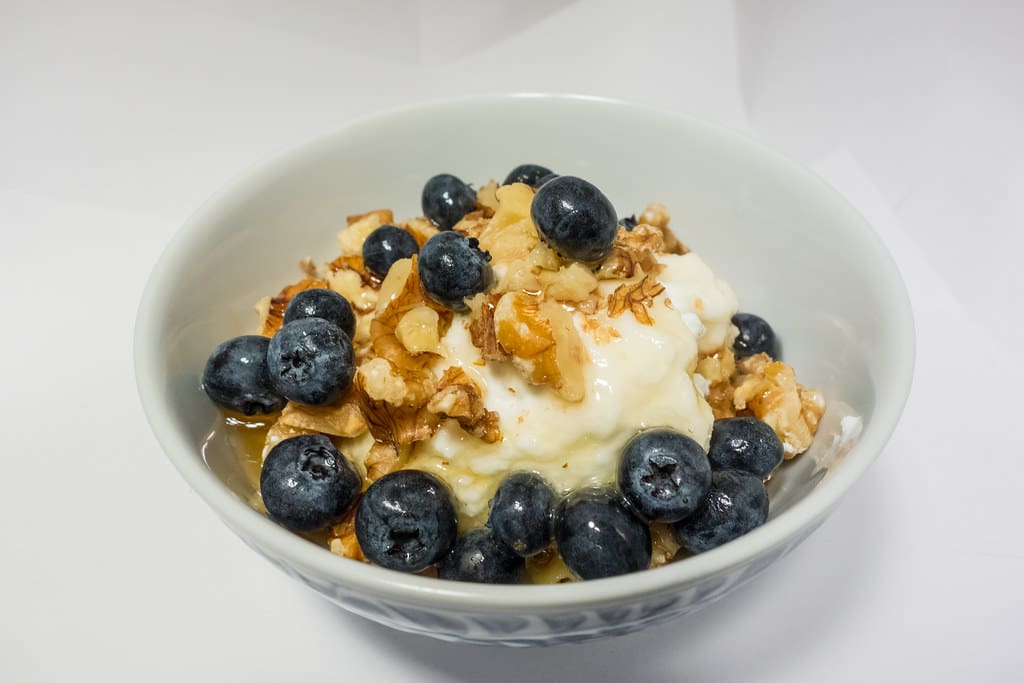
Most dairy products don’t naturally contain significant amounts of vitamin D. However, in the US, though not legally required, most dairy products are fortified with vitamins D, A, and other nutrients. Some yogurt may also have probiotics added. A single cup of fortified yogurt provides 16% of your daily value of vitamin D. Yogurt is also high in calcium.
6. Fortified Tofu: 28% DV
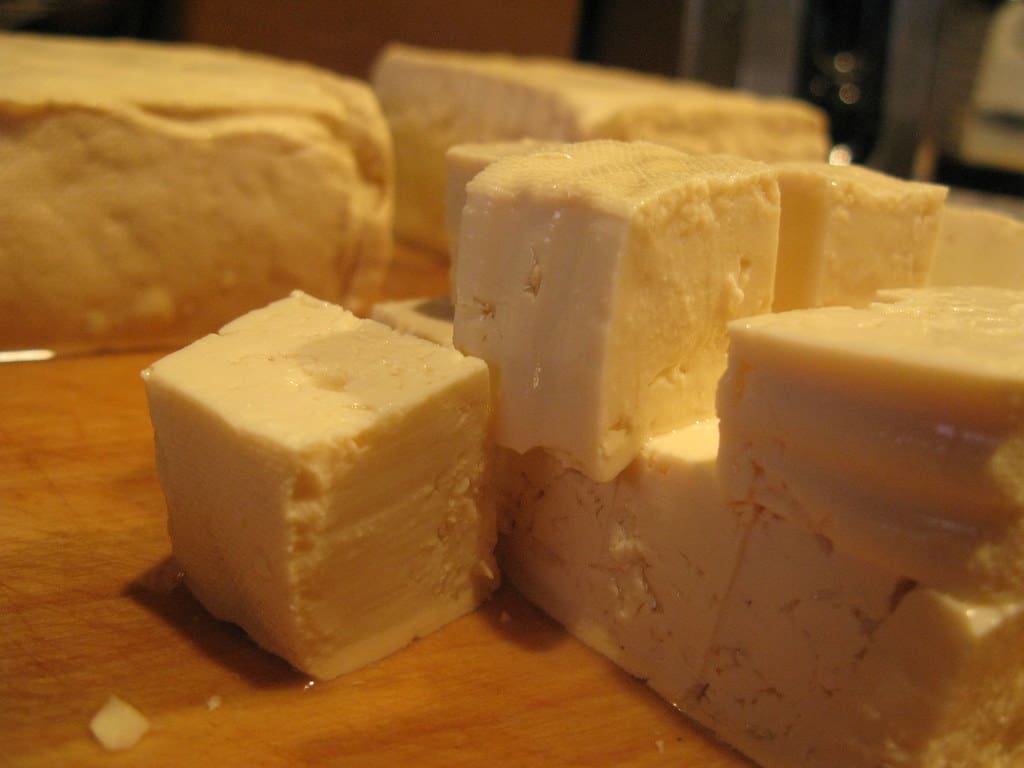
Like fortified milk, fortified tofu has added nutrients. You may want to shop around as brands may vary on the amount and types of nutrients they add. Among the fortifications found in tofu are vitamin B12, vitamin D, calcium, prebiotics, probiotics, and postbiotics. One cup of fortified tofu typically provides 28% of your daily value of vitamin D.
5. Fortified Milk Substitutes: 24-29% DV
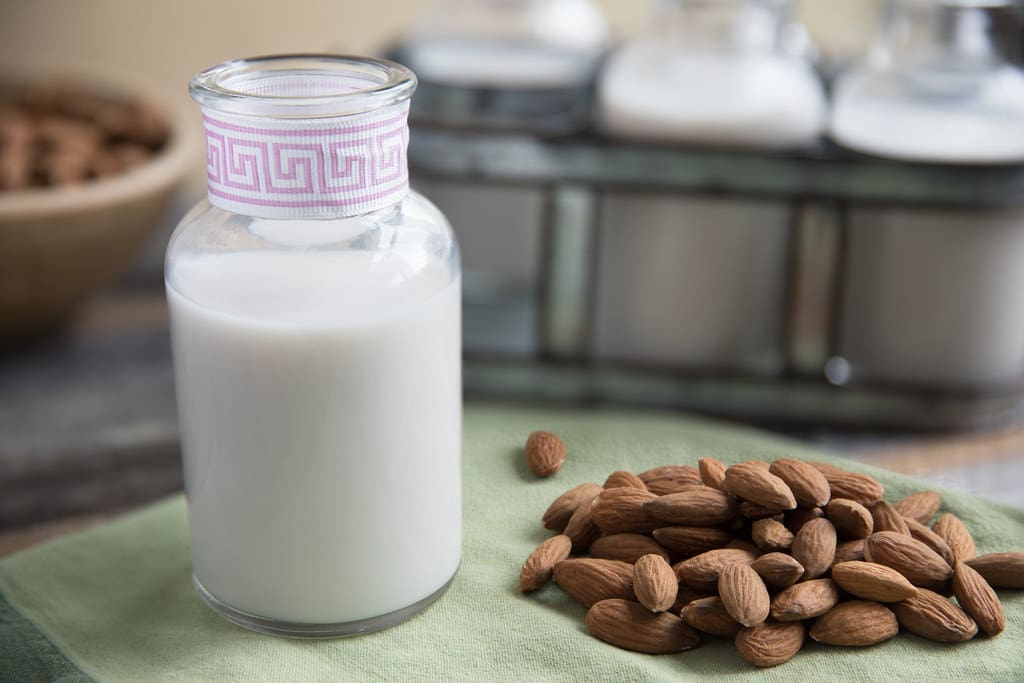
Many lactose-intolerant people who can’t drink milk turn to milk substitutes. The good news is that choosing fortified milk sources is an excellent way to meet your daily need for vitamin D. You can choose a 16-ounce glass of either soy milk (29% DV), almond milk (26% DV), rice milk (24% DV), or coconut milk (24% DV).
4. Fortified Milk: 32% DV
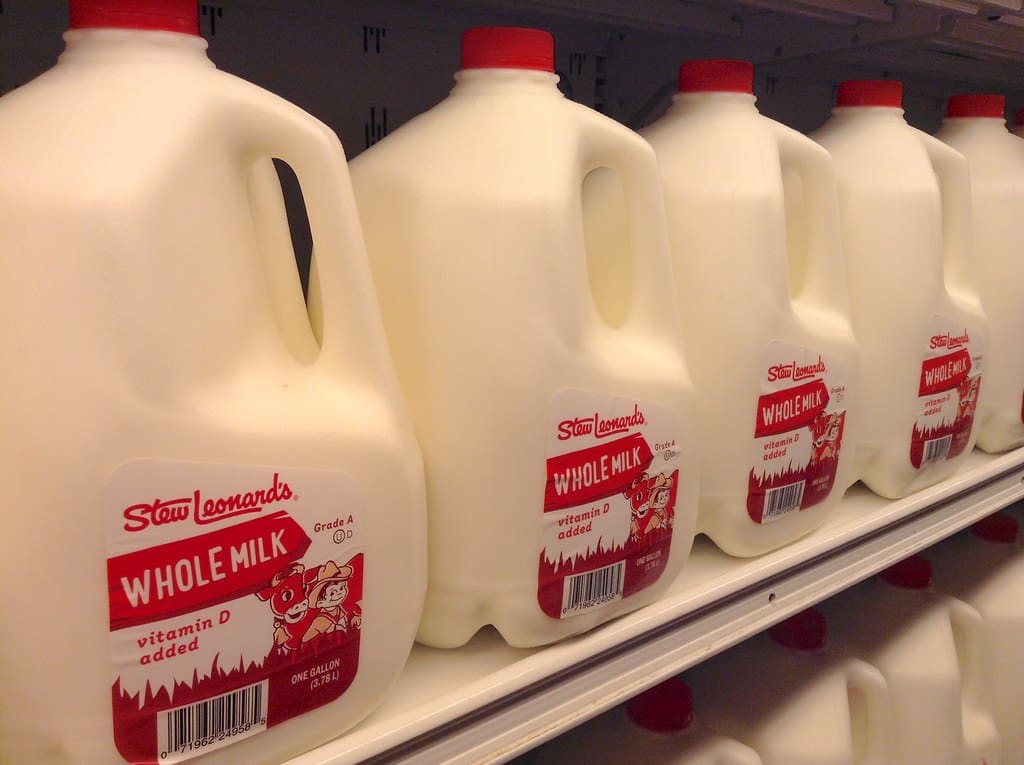
Fortified milk is milk with added vitamins, minerals, or protein. Vitamins A and D are the most commonly added, though not legally required in the US. Drinking the following types of fortified will give you the following daily values: Low-fat milk (16oz / 29%), dehydrated milk (1/4cup / 17%), buttermilk (8oz / 16%), queso fresco (1/4cup / 4%).
3. Canned Sardines: 36% DV
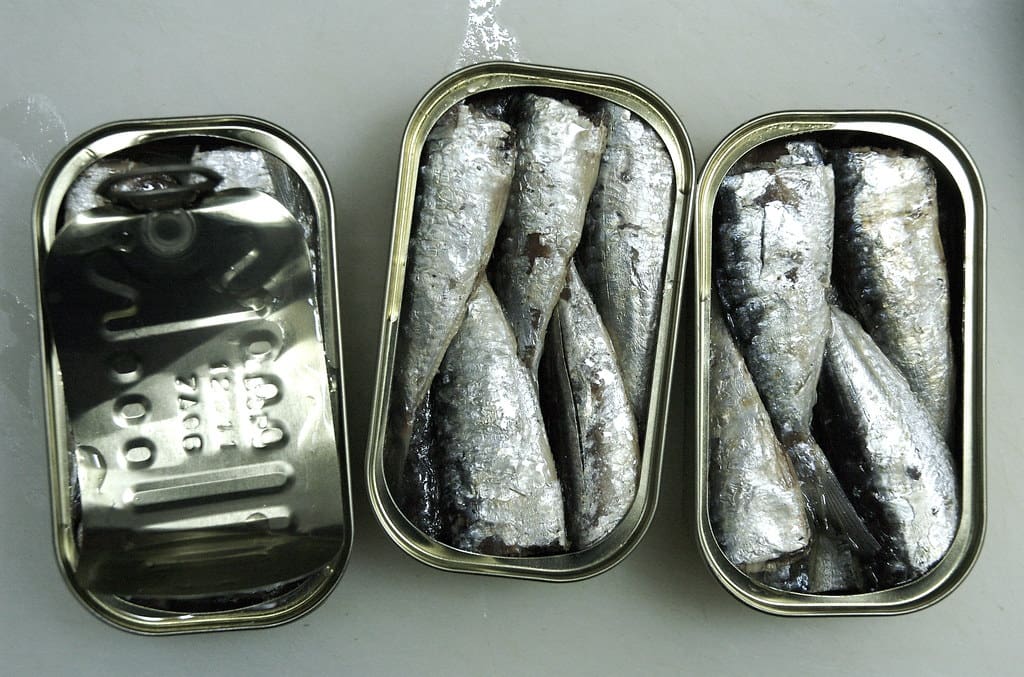
Canned sardines and other oily fish are a great source of vitamin D. Oily fish are one of the few foods that are naturally rich in vitamin D. One cup of canned sardines provides 36% of your daily value of vitamin D. Sardines are also rich in protein, calcium, vitamin A, vitamin B12, iron, and omega-3 fatty acids.
Read More: Top 10 Healthy Snacks for Busy People
2. Mushrooms: Up to 139% DV
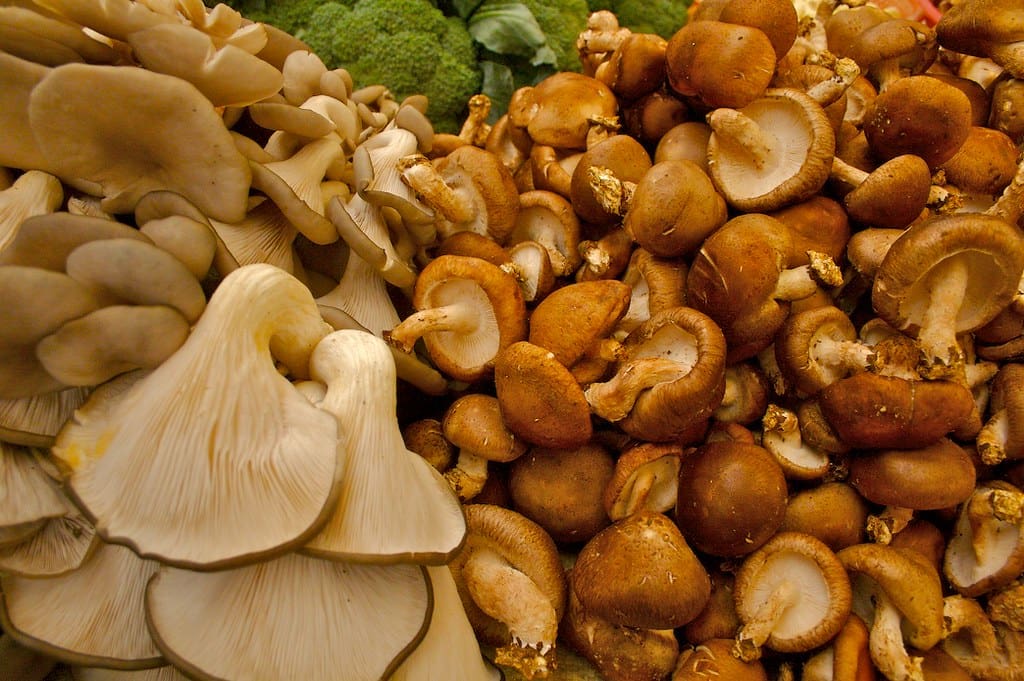
Mushrooms, much like our bodies, create vitamin D from sunlight. Placing any mushroom under the sun for 20 minutes will boost its level of vitamin D. Here are the daily values per cup. Crimini (Chestnut) mushrooms (exposed to UV light) deliver 139%. The others are portobello (122%), maitakes (98%), white button (92%), morels (17%), chantarelles (14%), and shiitakes (5%).
Read More: The 15 Best Foods for Your Immune System
1. Salmon & Other Fish: Up to 142% DV
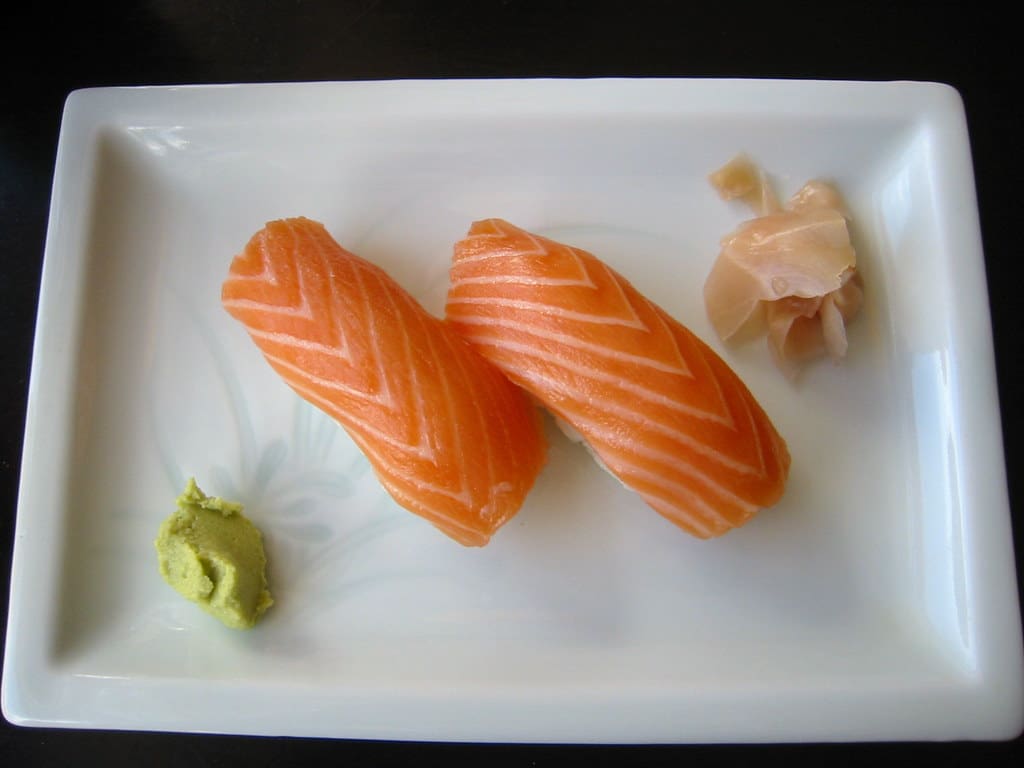
Salmon (frozen or fresh) provides 142% of your daily vitamin D value per 6-ounce filet, while 3oz of canned salmon provides 92%. Other fish high in vitamin D include smoked white fish (87%/1 cup), swordfish filet (71%/3 oz), rainbow trout filet (67%/3 oz), tilapia fillet (31%/6 oz), and halibut filet (25%/3 oz).



